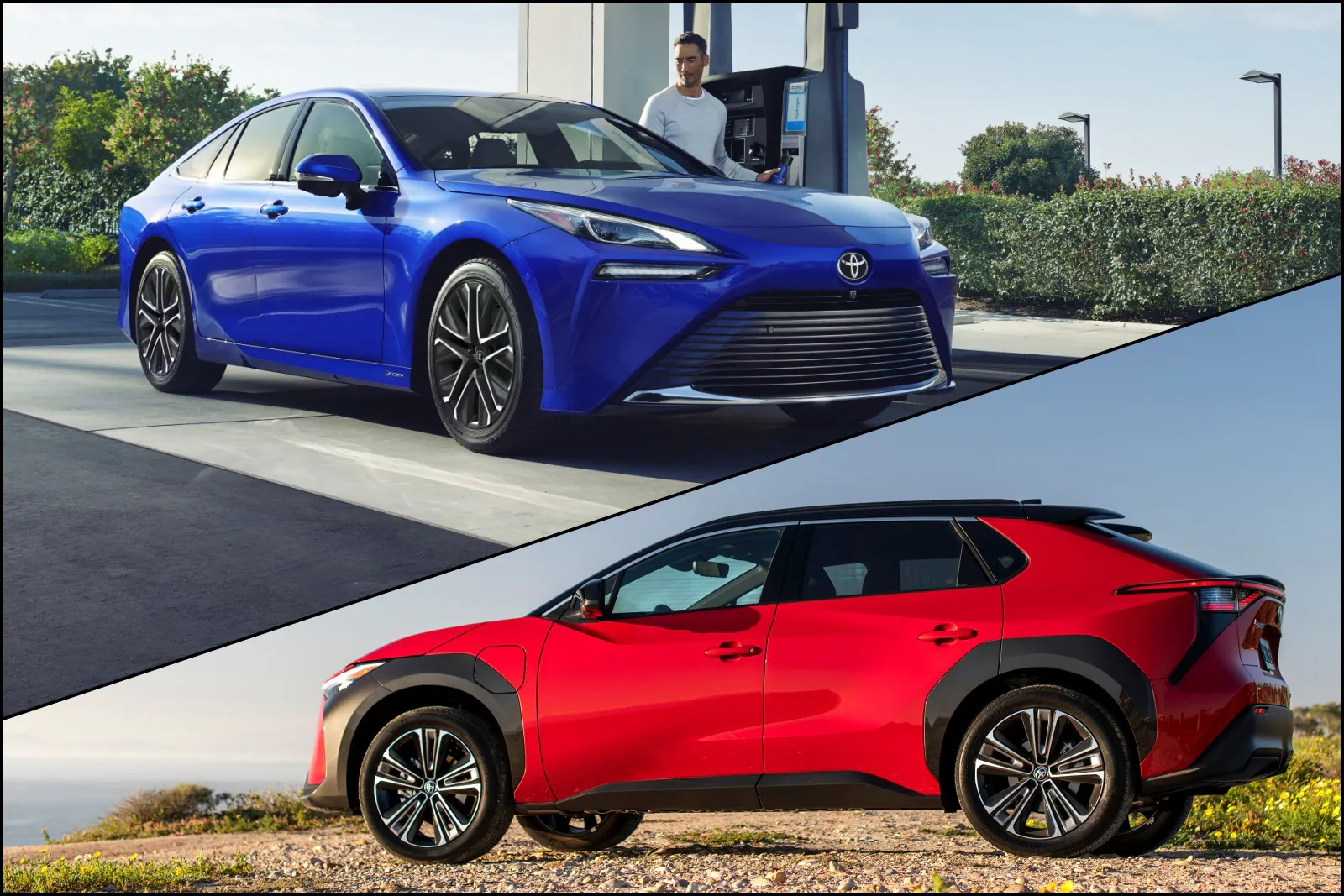Are EVs Really More Expensive To Operate Than Gas Cars
Introduction
The debate on whether electric vehicles (EVs) are really more expensive to operate than gas cars has gained momentum in recent years. As consumers become more environmentally conscious and governments push for greener alternatives, understanding the financial implications of switching to EVs is crucial. This article will explore the various cost factors associated with EVs and gas cars to determine if the former is truly more expensive to operate.
Upfront Costs
- Initial Purchase Price
One of the most significant barriers to EV adoption is the higher initial purchase price. It is widely accepted that EVs are normally costlier than traditional gasoline vehicles because of high technological content and large batteries. However, the gap is narrowing as the price of batteries decreases as the production increases and unit costs come down through operation of scale economies.
- Government Incentives and Rebates
To encourage the adoption of EVs, many governments offer incentives and rebates.These can significantly reduce the upfront cost, making EVs more competitive with traditional gas cars. For instance, in some regions, tax credits and rebates can offset a considerable portion of the purchase price, making EVs an attractive option for budget-conscious consumers.
Operating Costs
- Fuel Costs: Electricity vs. Gasoline
One of the most apparent advantages of EVs is the lower cost of electricity compared to gasoline. While refueling an EV is a cheaper affair compared to refueling a combustion engine vehicle. Moreover, the price of electricity is generally more stable than gasoline prices, which can fluctuate due to geopolitical events and supply-demand dynamics. This stability can lead to more predictable operating costs over the life of the vehicle.
- Maintenance Expenses: EVs vs. Gas Cars
EVs have a relatively smaller number of components that move as compared to gaseous vehicles hence in terms of maintenance the cost is lower. There are no oil changes, fewer fluid replacements, and less wear on brake systems due to regenerative braking. According to some studies, the total maintenance costs for EVs can be as much as 30% lower than for gas cars, contributing to significant savings over time.
Longevity and Resale Value
- Battery Life and Replacement Costs
Another key challenge that has been of interest about EVs is the lifetime of the batteries. However, advancements in battery technology have led to significant improvements in durability and lifespan. Most EV manufacturers offer warranties that cover battery packs for eight years or more, providing peace of mind to consumers. Despite the high cost of battery replacement, it is often offset by the lower overall operating costs.
- Resale Value Trends for EVs and Gas Cars
Resale value is an important consideration for any vehicle purchase. Initially, EVs had lower resale values compared to gas cars due to concerns over battery degradation and limited market acceptance. However, as EV technology improves and public perception shifts, the resale value of EVs has been rising steadily. Some of these models are actually retaining their values as well, or even better, than some of the better gas models.
Environmental Impact
- Emission Savings and Cost Benefits
One of the primary motivations for adopting EVs is their environmental benefit. Since EVs have zero tailpipe emissions they reduce greenhouse gas emissions and local air pollution to a large extent. This reduction has long-term economic benefits, including improved public health and reduced healthcare costs associated with pollution.
- Long-Term Environmental Costs
While the production of EVs, particularly the mining and processing of battery materials, has environmental impacts, the long-term benefits far outweigh these costs. Over the life of the vehicle, the total emissions of an EV are substantially lower than those of a gas car, making them a more sustainable choice for the future.
Case Studies and Real-Life Examples
- Cost Analysis of Popular EV Models
Examining the cost analysis of popular EV models like the Tesla Model 3, Nissan Leaf, and Chevrolet Bolt reveals that the total cost of ownership (TCO) can be lower than that of comparable gas cars. Despite higher upfront costs, savings in fuel and maintenance can lead to a lower TCO over the vehicle’s lifespan.
- Comparative Studies of EVs and Gas Cars
Numerous studies have compared the costs of EVs and gas cars, often concluding that EVs can be more economical in the long run. Factors such as local electricity rates, driving habits, and available incentives play a significant role in determining the cost-effectiveness of EVs.
Conclusion
So, Are EVs Really More Expensive To Operate Than Gas Cars? The answer depends on various factors, including upfront costs, government incentives, fuel and maintenance expenses, and long-term environmental benefits. While EVs may have a higher initial purchase price, they often offer lower operating costs and significant environmental advantages, making them a viable and economical choice for the future. By carefully considering these factors, consumers can make informed decisions about whether EVs are the right fit for their needs.
FAQs
Q. Are EVs more expensive to buy than gas cars?
Yes, EVs generally have a higher upfront cost due to advanced technology and battery prices. Of course, governments intervene by offering incentives and rebates to the people to cover this cost.
Q. Do EVs save money on fuel compared to gas cars?
Of course, recharging an electric vehicle is often less costly than refueling a conventional car. Electricity prices are more stable, leading to predictable and often lower fuel costs.
Q. Is EV’s maintenance more expensive compared to vehicles that use gasoline?
No, EVs typically have lower maintenance costs because they have fewer moving parts and don’t require oil changes or as many fluid replacements.
Q. Are EVs less durable than gas cars?
EV batteries are improving in durability, and many come with long warranties. While battery replacement can be costly, the overall lifespan of EVs is becoming competitive with gas cars.
Q. Are EVs better for the environment despite higher costs?
Yes, EVs produce zero tailpipe emissions, reducing greenhouse gasses and air pollution. Long-term environmental benefits often outweigh the higher initial costs.














Post Comment